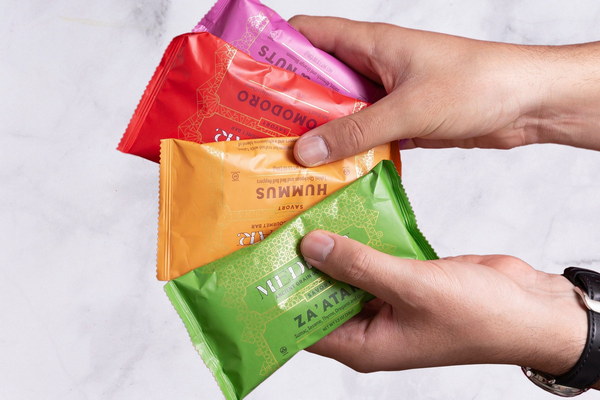Does Liver Protecting Medicine Really Protect the Liver
Introduction:
Liver protecting medicine has become increasingly popular in recent years, as more and more people are concerned about their liver health. However, there is still a lot of controversy surrounding whether these medications can actually protect the liver. In this article, we will explore the effectiveness of liver protecting medicine and its impact on liver health.
I. Understanding Liver Protecting Medicine
Liver protecting medicine, also known as hepatoprotective agents, refers to a group of medications that are designed to prevent liver damage and improve liver function. These medications are commonly used in the treatment of various liver diseases, such as hepatitis, fatty liver disease, and cirrhosis.
II. The Mechanism of Liver Protecting Medicine
The mechanism of liver protecting medicine varies depending on the specific medication. Some of the common mechanisms include:
1. Antioxidant effect: Liver protecting medicine can neutralize free radicals and reduce oxidative stress, which helps to protect liver cells from damage.

2. Inhibition of inflammatory response: Certain medications can inhibit the inflammatory response in the liver, thereby reducing liver inflammation and preventing further damage.
3. Promotion of liver regeneration: Some liver protecting medications can promote the regeneration of liver cells, which helps to improve liver function and reduce the risk of liver failure.
III. Effectiveness of Liver Protecting Medicine
The effectiveness of liver protecting medicine in protecting the liver is still a topic of debate. Some studies have shown that these medications can significantly improve liver function and reduce the risk of liver disease progression. However, other studies have yielded mixed results.
1. Positive effects: A study published in the Journal of Hepatology found that certain liver protecting medications, such as silymarin and N-acetylcysteine, can effectively improve liver function and reduce the risk of liver disease progression.
2. Negative effects: A meta-analysis published in the Cochrane Database of Systematic Reviews suggested that liver protecting medicine may not have a significant impact on liver disease outcomes, particularly in the treatment of chronic hepatitis B and C.
IV. Factors Influencing the Effectiveness of Liver Protecting Medicine
Several factors can influence the effectiveness of liver protecting medicine:
1. The severity of liver disease: Liver protecting medicine may be more effective in treating mild to moderate liver disease compared to severe liver disease.
2. Compliance with medication: The effectiveness of liver protecting medicine is also influenced by the patient's adherence to the prescribed treatment regimen.
3. Lifestyle factors: Adopting a healthy lifestyle, such as maintaining a balanced diet, exercising regularly, and avoiding alcohol and tobacco, can enhance the effectiveness of liver protecting medicine.
V. Conclusion
While liver protecting medicine can be beneficial in the treatment of certain liver diseases, its effectiveness may vary among individuals and conditions. It is essential for patients to consult with healthcare professionals before starting any liver protecting medication. Additionally, adopting a healthy lifestyle and regular monitoring of liver function can contribute to overall liver health.









